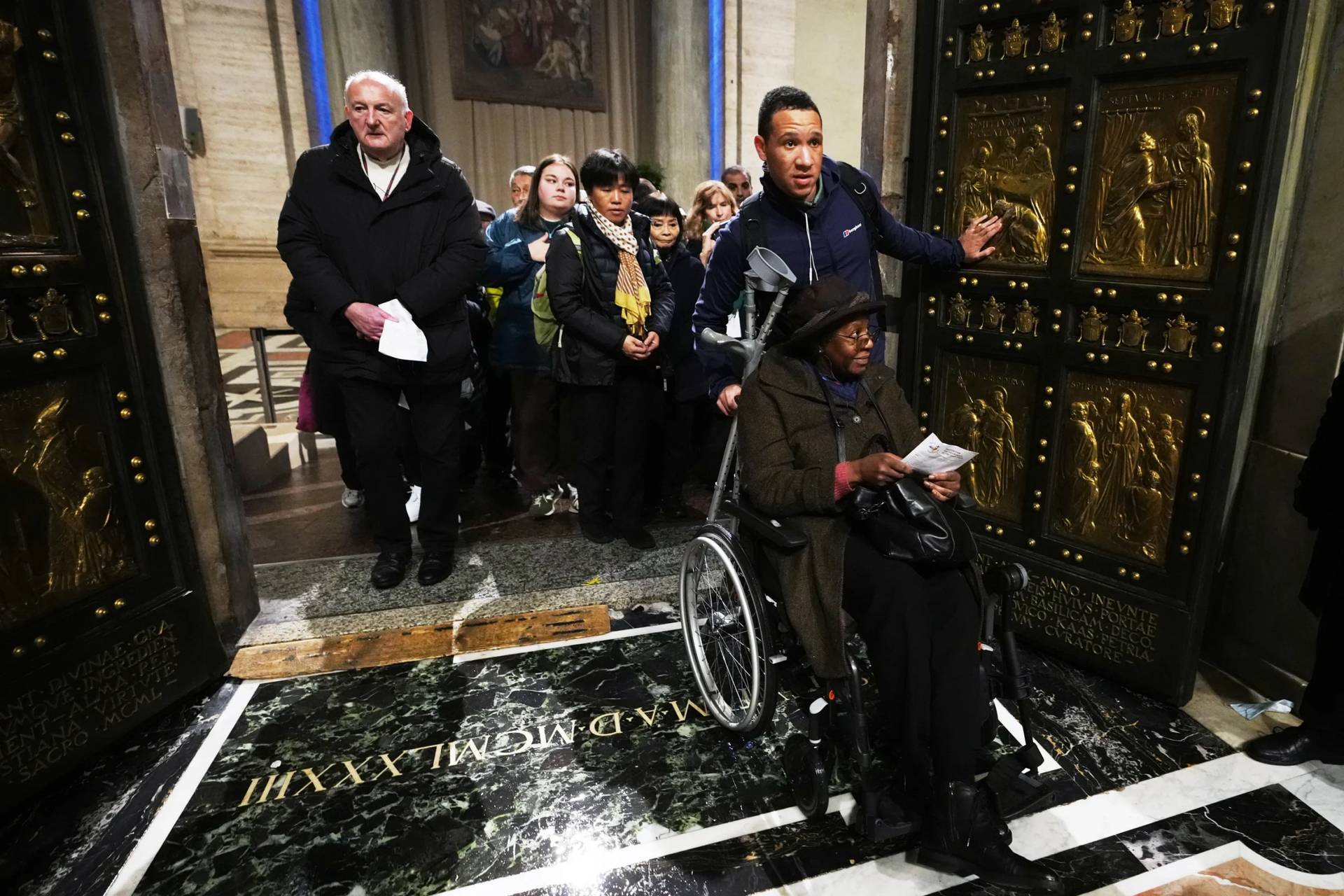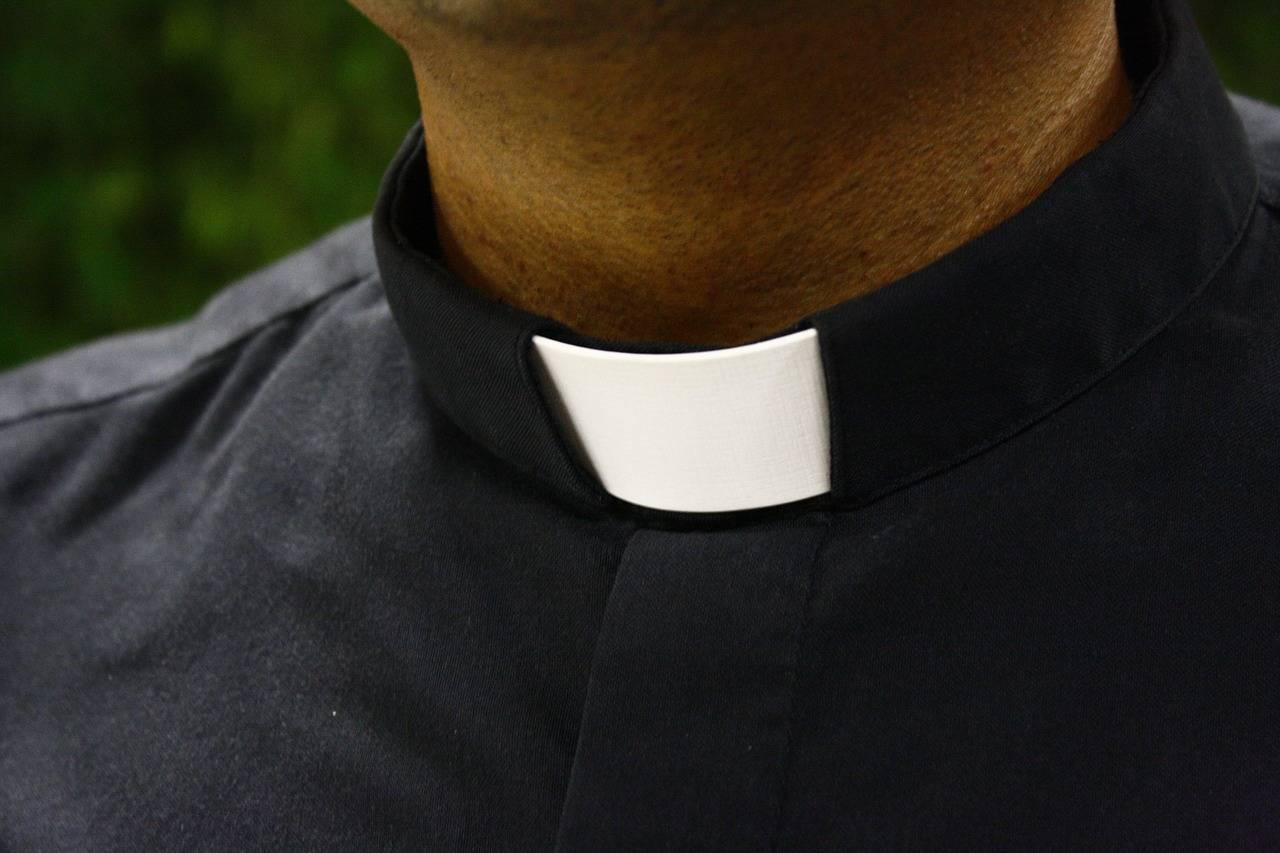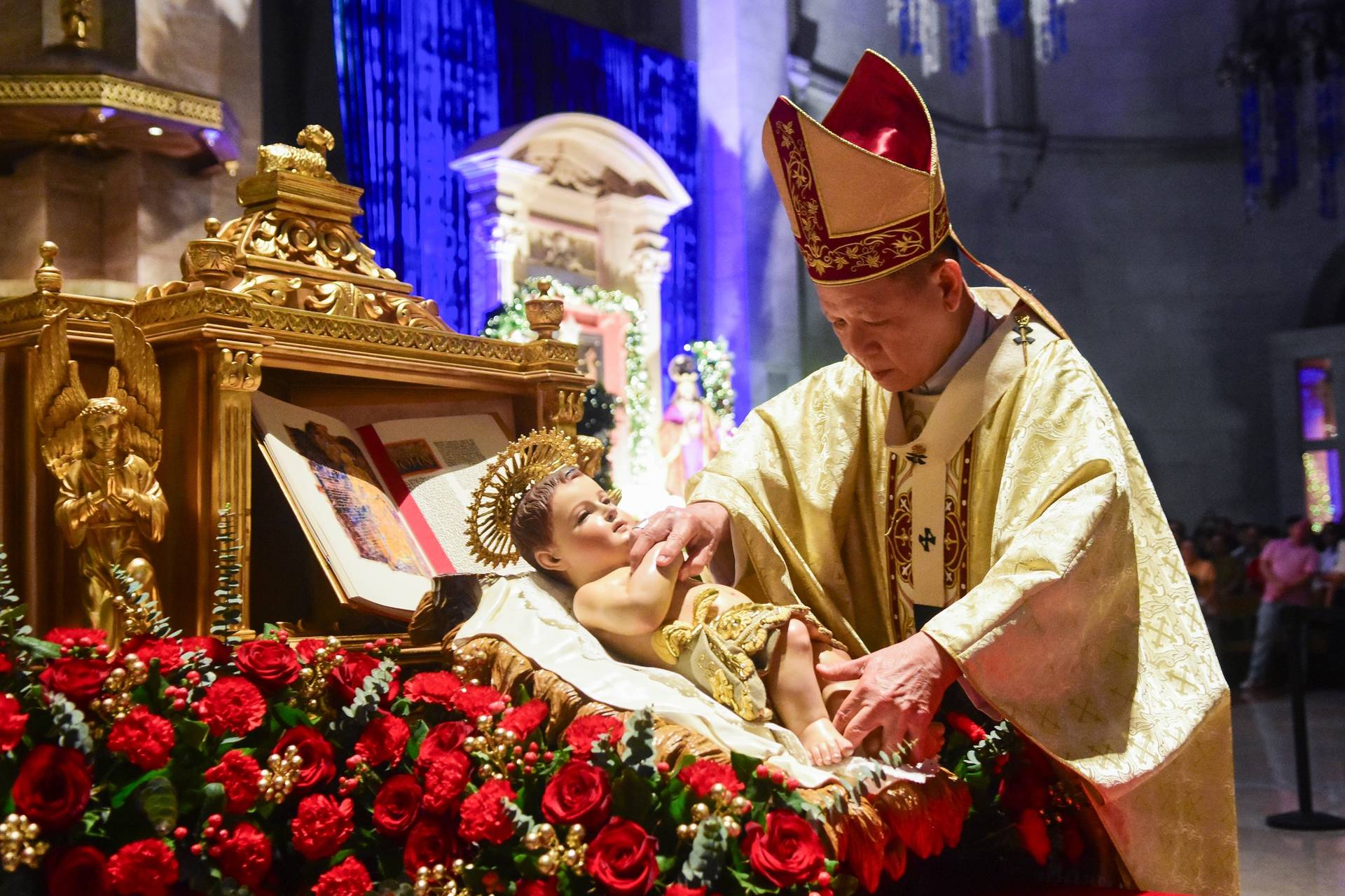COLOMBO, Sri Lanka — Cardinal Malcolm Ranjith appealed for peace as clashes broke out in the island nation after the prime minister quit amid a worsening economic crisis, reported ucanews.com.
“We urge the people to respond peacefully on our religious principles and without resorting to violence,” said Ranjith. “We must act nonviolently and not attack people.”
“We strongly condemn the barbaric acts, which are totally unacceptable in a civilized and democratic country,” said Ranjith. He said pro-government mobs were being transported in buses from various parts of Sri Lanka to attack peaceful protesters.
Prime Minister Mahinda Rajapaksa announced his resignation May 9, but protesters persisted with the demand that his elder brother, President Gotabaya Rajapaksa, must quit immediately.
“We express our opposition to the former prime minister,” said Ranjith, even as pro-government supporters gathered in the prime minister’s office in Colombo and engaged in chants asking him not to resign.
The media reported that a ruling party legislator shot dead an anti-government protester and then took his own life during a confrontation outside the capital Colombo May 9.
UCANews.com reported that within hours of the prime minister’s resignation, the ancestral house of the Rajapaksa family in the southern city of Hambantota was set on fire by the protesters. They also set on fire Mahinda Rajapaksa’s house in Kurunegala and destroyed the D.A. Rajapaksa Memorial — constructed in memory of Mahinda and Gotabaya’s father — in Hambantota.
Residences of several ministers and legislators of Sri Lanka’s ruling People’s Front were attacked while the houses of at least two mayors were set on fire, reported Reuters, quoting police sources.
The protesters want the president to quit to make way for a unity government that includes all political parties to try to find a way out of the country’s economic crisis.
But even as clashes broke out in Colombo, supporters of the ruling party attacked peaceful protesters opposite the presidential secretariat. They pulled down their tents and set them on fire. Similar mobs were reported to be chasing away ordinary people joining the protests in many cities and towns, ucanews.com reported.
The European Union, United Nations and diplomats of other counties condemned the attacks on peaceful protesters and urged the government to conduct an immediate investigation.
A nationwide curfew was to remain in force until the morning of May 11 on top of the state of emergency that was declared in early May in the face of the escalating protests.
Since March, Sri Lankans have been taking to the streets in largely peaceful protests and demanding that the Rajapaksa brothers step down.
The country’s external debt is estimated to be around $51 billion, and the government is borrowing heavily from China. It has also banned many imports to halt outflows of foreign currency.
















